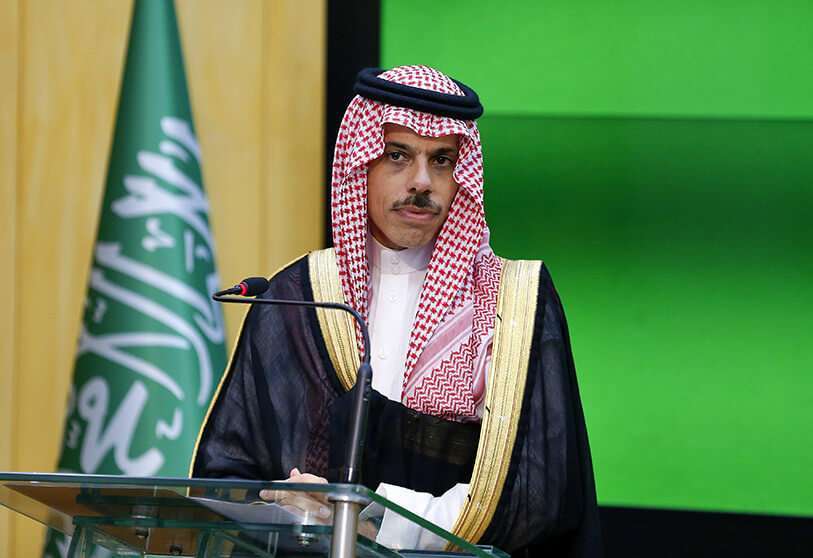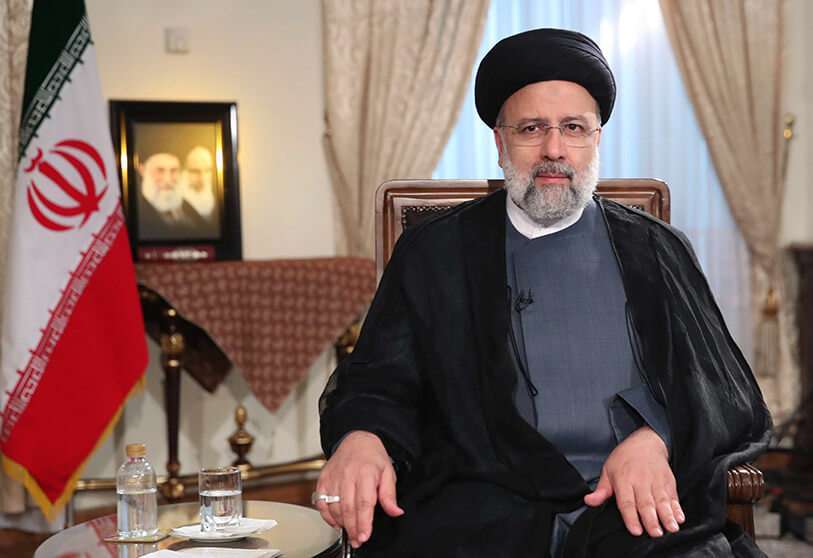Arab countries meet to call for inspection of Iranian nuclear power plants

Concern over Iran's uranium enrichment continues to grow around the world. Following the report released by the United Nations last Tuesday warning of the future possibility of nuclear weapons production, it has set off alarm bells in many countries in the region. For this reason, Egypt, Saudi Arabia, Bahrain and the United Arab Emirates have met to coordinate their efforts to curb the destabilising situation surrounding Tehran. The foreign ministers of the four countries held a meeting in Cairo chaired by Saudi Arabian Foreign Minister Prince Faisal bin Farhan Al Saud.
Arab countries have discussed ways in which they might address the dangerous modus opernadi that Iran has been pursuing for years. Since the United States' exit from the Joint Comprehensive Plan of Action (JCPOA) under President Donald Trump, the violation of any limits set out in the JCPOA has been systematic. It is estimated that the Iranians currently have around ten kilos of uranium enriched to 60 %, when the limit set in the JCPOA was 3.67 %, and 2,300 kilos of uranium enriched to lower levels, a figure that far exceeds the 300 allowed in the plan that is now a dead letter.

Another issue of concern within the Arab League is Tehran's role in the war in Yemen. The financing of the Houthi militias from the country presided over by Ebrahim Raisi is one of the issues also addressed at the meeting and which directly affects countries such as Saudi Arabia, which are immersed in the conflict, in his case on behalf of the internationally recognised president, Abd Rabbuh Mansur al-Hadi. To this must be added the injection of money to certain terrorist groups, for which Iran is also responsible.
Raisi's people seem to be at the centre of any controversy, and rightly so. The threat posed to other countries is very serious and the IAEA (International Atomic Energy Agency) warns of the consequences of Iran's actions. The development of nuclear weapons requires a 90% enrichment of uranium, which means that, for the moment, it is not a feasible option for Iran. However, they say that "the Agency's confidence that it can maintain continued knowledge (of Iran's nuclear activities) is deteriorating over time and has now deteriorated further", in the latest statement by IAEA Director General Rafael Grossi.

Earlier this year, the Iranians announced the suspension of the implementation of the additional protocol to the Nuclear Non-Proliferation Treaty. Under this protocol, international inspectors had the ability to conduct unannounced checks at any country's nuclear facilities. Now, the difficulty is even greater. In addition to the already hermetic infrastructure of the Iranian country, there are new obstacles that make the control of nuclear activities more and more complex, even though the IAEA has surveillance equipment and cameras in the installations of the power plants.
There has been an agreement in place since June - when negotiations for the resumption of the JCPOA were abandoned and were scheduled to last only one month but have been extended to three - that Iran would allow IAEA inspectors access to monitoring equipment. However, its effectiveness is virtually non-existent, as access is unrestricted for inspectors and their access is minimal. Even so, however limited, access to monitoring systems will continue, otherwise the risk of losing all stored information will become increasingly likely.








